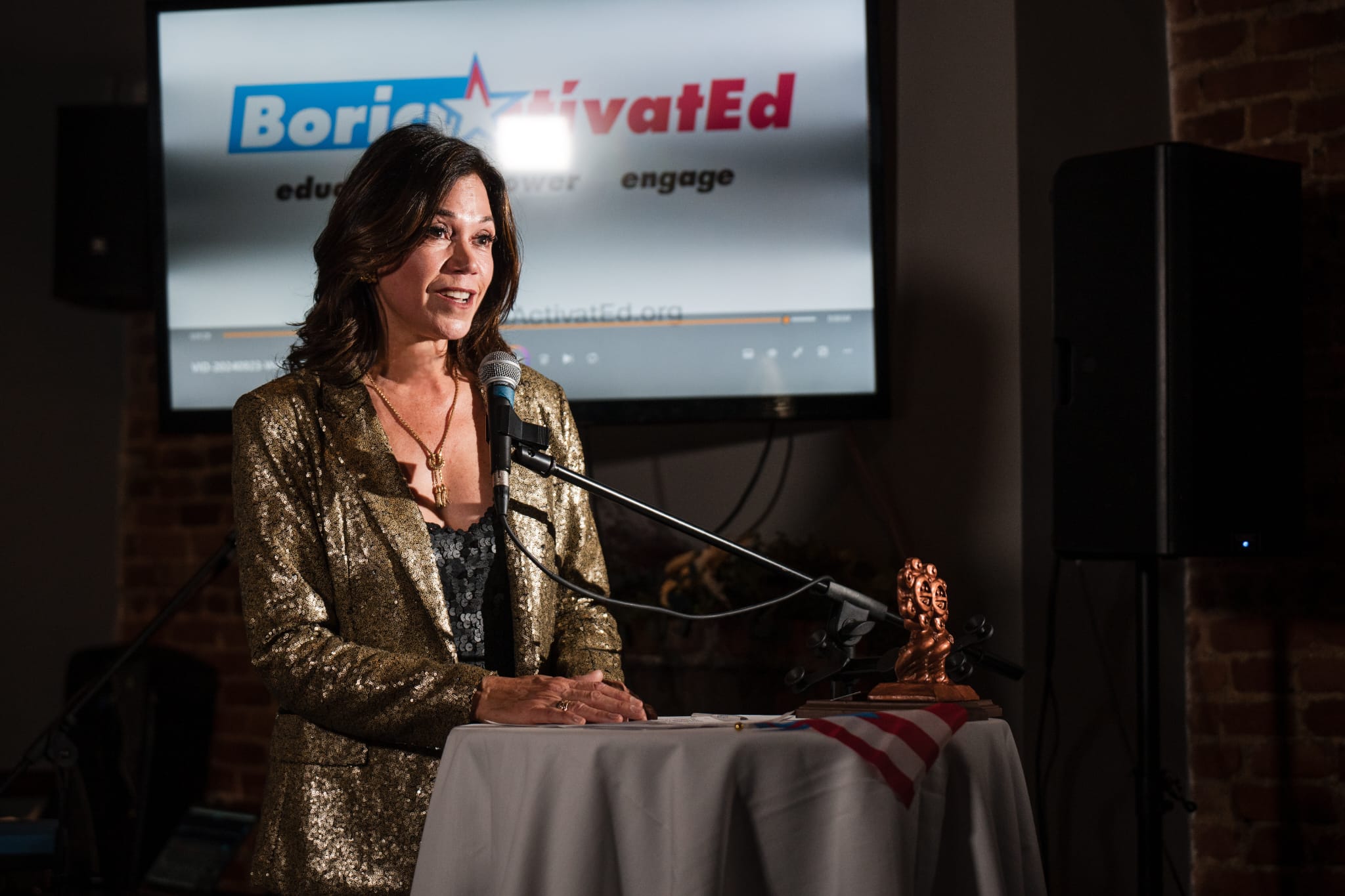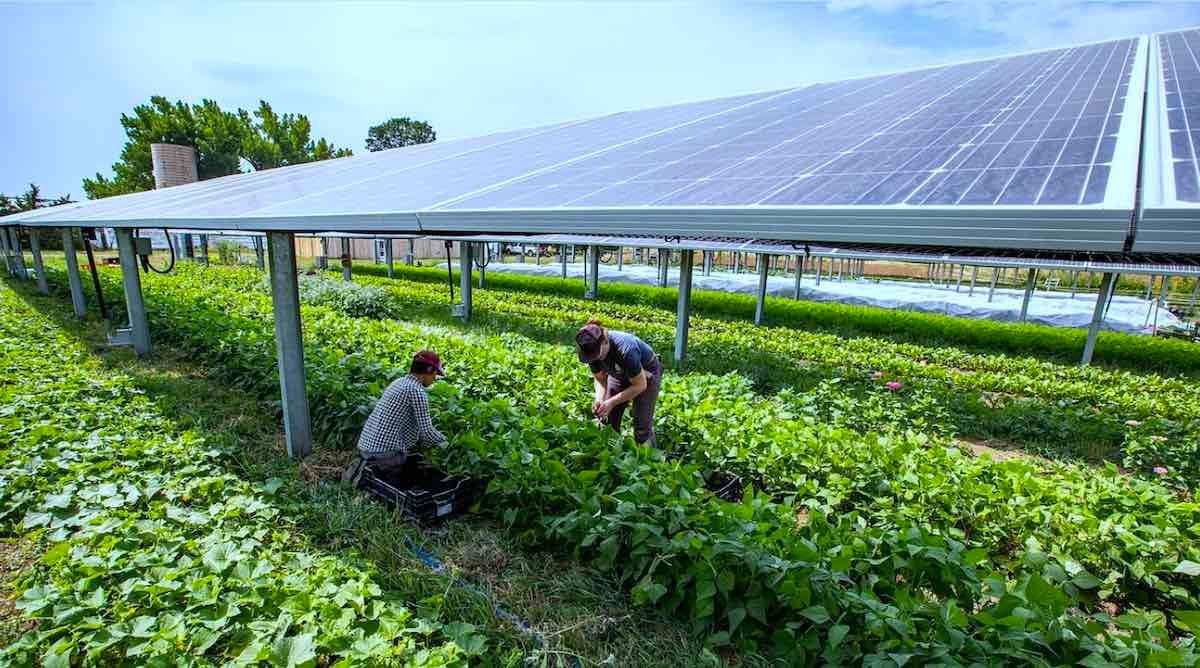Puerto Rico coronavirus statistics for July 26
According to the Puerto Rico Health Department, 281,462 people are believed to have been infected with COVID-19, an increase of 2,604 since July 19. This points to another sharp increase in the rate of new cases, as the increase between July 12 (when the total was 276,844) and July 19 was 2,014. The death toll is currently 2,568, with 7 of those registered in the last week. Comparatively, 6 people died from the virus between July 12 and July 19.
On Friday, July 23, 2021, the Health Department once again changed the way it recorded cases. On its new COVID information dashboard, the Department no longer displays suspicious cases (as determined by serological, non-diagnostic testing) which at last count accounted for 137,262 of all recorded COVID cases in Puerto Rico. Still tracked are confirmed cases (as determined by molecular diagnostic testing) and probable cases (as determined by antigen testing); as of today, the cumulative number of confirmed cases since the virus arrived on the Island is 125,564 and the number of probable cases is 18,636.
There are an estimated 2.8 million people in Puerto Rico who are eligible for the vaccine: 74.6 percent of that population has been partially vaccinated, while 65.2 percent has been fully vaccinated. As with the mainland United States, the loosening of safety measures, combined with the incomplete vaccination of the Island, has resulted in considerable lost ground in the battle against COVID. Positivity rates are on the increase, even as the amount of testing itself increases. Some entities have begun once again strengthening restrictions; for example, schools will require students to be vaccinated and masked, making Puerto Rico the only place in the U.S. where vaccinations will be required at schools.
White House Puerto Rico Working Group holds its first meeting
Recently revived by President Biden, the White House Puerto Rico Working Group held its first meeting last week, with the aim of facilitating the Island’s reconstruction. Attendees at the meeting included ten members of President Biden’s Cabinet and four deputy agency secretaries, according to the White House. The meeting was led by Julie Chávez Rodríguez, White House Director of Intergovernmental Affairs; Brian Deese, director of the National Economic Council; and Susan Rice, director of the Domestic Public Policy Council.
According to the White House’s statement on the matter, the Working Group’s inaugural meeting was spent discussing President Biden’s plans for Puerto Rico following the crises brought on by the 2017 hurricanes and the COVID-19 pandemic. Participants were also briefed by the Treasury Department, HUD, and FEMA on their efforts to develop a strategy for Puerto Rico’s recovery.
Among the topics not discussed at the meeting was status, which is not considered one of the Working Group’s priorities. “We don’t have jurisdiction on status, but we do have jurisdiction on the billions of dollars that have gone to the Island,” said Gretchen Sierra-Zorita, the White House’s associate director for Puerto Rico and the territories.
Truckers strike to obtain cargo rate increase
Puerto Rico’s truckers spent two days on strike last week seeking increased cargo rates, which are set by the Department of Transportation and Public Works (DTOP) and have not increased (except for adjustments for inflation) since 2005. A 35 percent increase in rates had been set last year, but was placed on hold after being challenged in the courts. The strike ended on July 22 when a temporary agreement was reached between La Fortaleza and the Frente Amplio de Camioneros, the union representing the truckers, calling for implementation of the previously-blocked 35 percent rate increase.
However, not present during the final negotiations was the Financial Oversight and Management Board (FOMB), which considered the rates to run counter to its existing financial plan. “The [Pierluisi] Administration failed in its responsibility to protect the economy… and proceeded to implement a regulation that is categorically outside the bounds of Puerto Rican law and the fiscal plan,” said FOMB member Antonio Medina in an interview with El Nuevo Día.” The government, meanwhile, has vowed to defend the increase.
Puerto Rico government announces rent assistance program for COVID victims
Acting Governor Omar Marrero announced last week that $325 million in federal funds would be available for rent and utility assistance for residents affected during the pandemic, under a new Rent Assistance Program. The program would cover up to fifteen months of overdue rent, or fifteen months of overdue power or water bills, dating back to April 2020.
The program is available to those who have had their income reduced due to COVID, lost their jobs, or are up to five months behind on rent or utility payments due to the pandemic. Priority will be given to those who have received unemployment insurance paychecks 90 days before their application, as well as families whose income is below 80 percent of the median income of their area of residence.
Share
STAY IN THE LOOP
Subscribe to our free newsletter.
La organización BoricuaActivatEd celebró su séptimo aniversario con reconocimientos al líder de la red evangélica Esperanza y de la comunidad boricua de Filadelfia, Luis Cortés, y el legendario artista Antonio Martorell. Cortés, premiado por su
tudy: Economy leading factor for Puerto Ricans moving to Florida A new survey unveiled Monday in Washington, D.C. sheds new light on factors contributing to Puerto Ricans moving to the state of Florida. The Puerto
New federal funds for solar, battery storage announced The Department of Energy (DOE) on Thursday announced a conditional commitment to finance new solar and battery storage facilities on the southern coast of Puerto Rico. The investment




